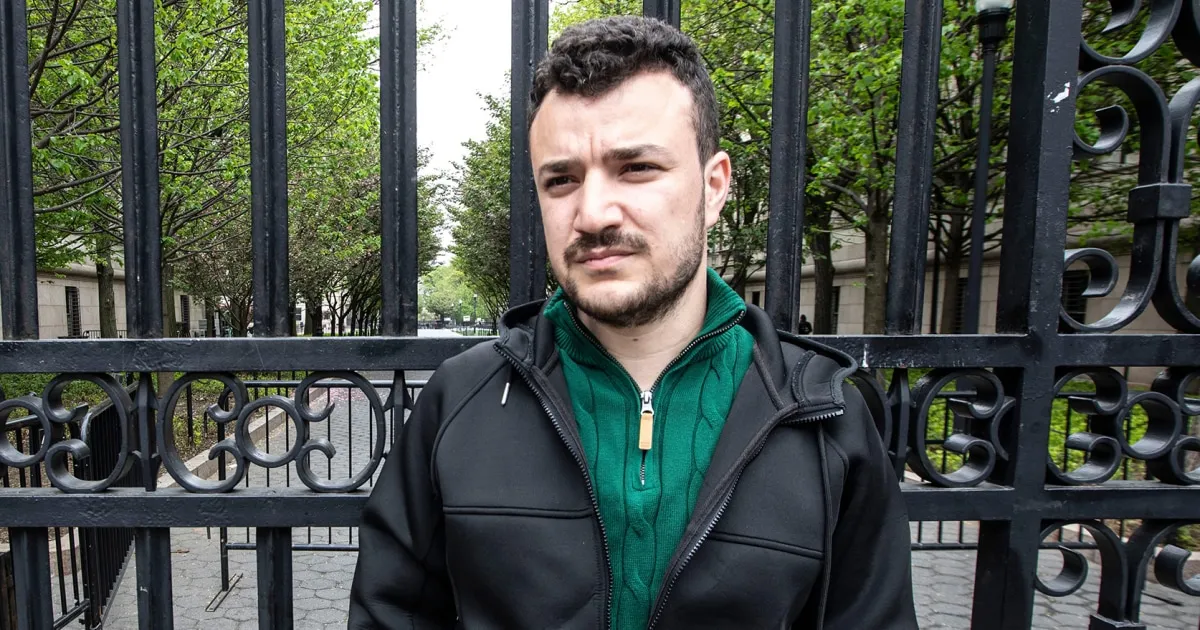
A federal judge has mandated the release of pro-Palestinian activist and Columbia University graduate Mahmoud Khalil from immigration custody. This significant ruling comes amidst rising tensions surrounding the Trump administration's stance on Israel's actions in Gaza, highlighting Khalil's case as emblematic of broader issues related to free speech and political dissent.
Since March 8, Mahmoud Khalil has been held by immigration agents, drawing attention from activists and legal observers alike. His detention has become a focal point in the Trump administration's promise to crack down on those opposing Israel's military incursion into Gaza. Khalil's situation raises crucial questions about the balance between national security and the protection of civil liberties.
During a remote hearing, government attorney Dhruman Sampat argued that Congress has granted the executive branch extensive powers to determine who can be removed from the country. He contended that the courts should refrain from interfering in such matters. However, U.S. District Court Judge Michael Farbiarz disagreed, stating, “I don’t think any of that is right.” The judge emphasized that there exists “very strong and uncontested record” indicating that Khalil is neither a flight risk nor a danger to the public.
Judge Farbiarz stated, “I’m going to exercise the discretion that I have to order the release of the petitioner in this case.” Based in New Jersey, Farbiarz's ruling reflects a critical viewpoint on the government's argument for Khalil's continued detention. He also declined a government request for a seven-day stay on his order, which would have allowed the administration more time to potentially challenge the ruling.
Despite the judge's decision, it remains unclear when Mahmoud Khalil will be released from his current detention at a facility in Jena, Louisiana. The ambiguity surrounding his release highlights ongoing concerns related to immigration policy and the treatment of activists in the United States.
Secretary of State Marco Rubio has cited an obscure provision of the Immigration and Nationality Act of 1952 to justify Khalil's removal, claiming he poses a national security risk. This Cold War-era statute empowers the Secretary of State to “personally determine” whether individuals like Khalil should be permitted to remain in the country. However, Khalil’s supporters argue that the government’s actions aim to suppress free speech on college campuses and silence dissent against Israel's ongoing military actions in Gaza.
The case of Mahmoud Khalil serves as a potent reminder of the ongoing struggles surrounding free speech and activism in the context of U.S. foreign policy. As the legal battle continues, Khalil’s supporters remain vigilant, advocating for the protection of civil liberties and the right to express dissenting views on sensitive international issues.